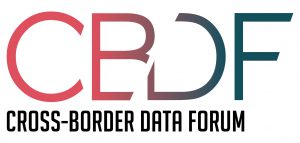In his Atlantic Council issue brief US Surveillance on Trial in Europe: Will Transatlantic Digital Commerce Be Collateral Damage?, Propp summarizes the history, oral arguments, and possible outcomes of the European Court of Justice’s pending decisions on the validity of Standard Contractual Clauses and the EU-U.S. Privacy Shield. Propp notes that if the Court finds U.S. surveillance law is inconsistent with EU privacy laws, “transatlantic data transfer mechanisms relied upon by [Facebook], and thousands of other companies, may be invalidated.” The article examines the roots of this transatlantic privacy divide, traces the history of the Safe Harbor through the Schrems I case to the EU-U.S. Privacy Shield agreement, and analyzes the oral arguments made before the European Court of Justice in the Schrems II case.
Propp also raises a number of potential issues that could stem from the Court’s decision, including (1) EU Member States’ discomfort with the Court’s deepening scrutiny of surveillance laws, (2) the potentially greater threat from surveillance in authoritarian countries like China, and (3) U.S. officials’ exasperation at the prospect of the ECJ once more invalidating an agreement made by the European Commission.
To read the full article, please click here.
Kenneth Propp is a Non-Resident Senior Fellow in the Future Europe program of the Atlantic Council, and teaches European Union law at Georgetown University Law Center.
These statements are attributable only to the author, and their publication here does not necessarily reflect the view of the Cross-Border Data Forum or any participating individuals or organizations.

